Stories in games come in all shapes and sizes, with the grand, fantastical narrative arcs of Final Fantasy games taking the crown as some of the grandest and best the industry has to offer. Even when the gameplay, the mission design, or other aspects of the game fail, you can almost always count on the story, and Final Fantasy XVI defines the concept. While it has some of the best combat systems in the franchise, many of its other mechanics fall short, especially its sidequests. They suck. And I don’t care.
I’m a storyteller by education, and though I know that the “go here, kill some things, come back” loop FFXVI’s sidequests rely on is trash, I’m more than willing to swallow the poor design for the stories every single one tells. Each is a small vignette, a character-focused moment in time. They’re not about the kingdom-defining politics or the clashing of gods, focusing instead on the lives and struggles of individuals dealing with regular-person problems.
This focus on character and world-building starts almost immediately. Soon after you arrive in Cid’s Hideaway after the prologue, you can pick up a quest called Food for Thought from Kenneth, head chef of the Fat Chocobo. From a design standpoint, the quest is horrid. You pick up three meals, deliver them to three NPCs, and then return them to him for a reward. It’s “hold forward and press X” the quest.
And if that were all there was to do, it would be one thing — but there is so much more. Every person you deliver food to has a different story to tell. At this early point in the game, no player will know too much about how the world works. And not only do the NPCs provide some necessary exposition, but they also start building an emotional connection with the world. You get a sense of the stakes and, more importantly, begin building an emotional connection to the world by delivering an everyday need to those who don’t know what that kindness feels like.
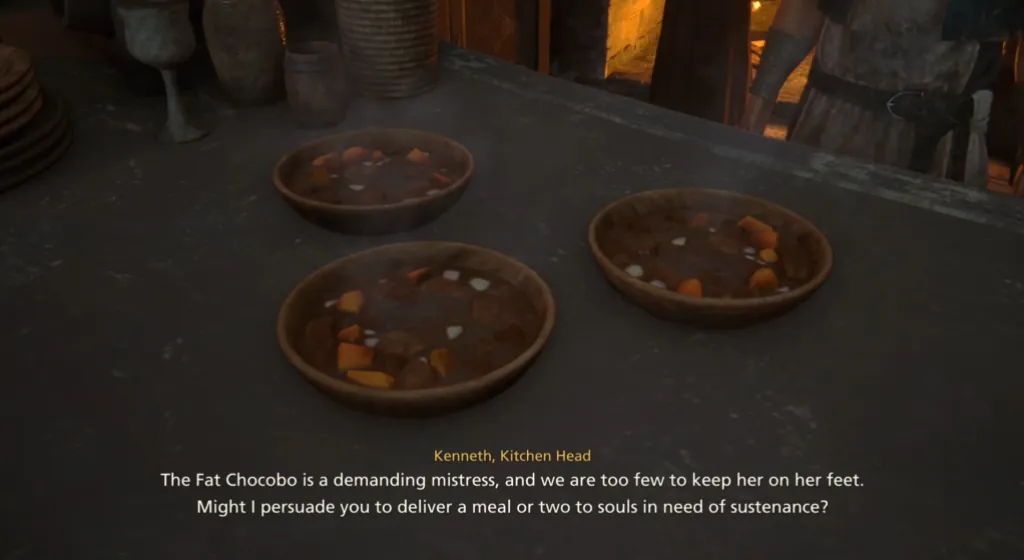
Final Fantasy XVI isn’t the first game to follow this strategy, either. Playing it, I’m reminded of Horizon Zero Dawn’s sidequest design and how it often took a similar path. One quest was to collect metal scraps from three locations. My heart sank after I started, as no game I’d yet played had ever done anything different with its fetch quests. You went somewhere, got a thing, and came back. And every game I’d played to that point followed that blueprint for hours.
Then I actually started the quest. Each time I tried to gather the metal scraps, they were missing. Odd, I thought, but surely they’ll be in the next one. And they weren’t. And when I’d gathered from all three quest locations, I still had nothing. Surely now I would return to the quest NPC empty-handed for platitudes and a pittance of a reward. Again, I was surprised.
Now I needed to find out what happened, and at the end of my search I found a struggling family who needed the scraps (the currency of HZD) to help buy medicine. They stole it not out of greed or anything so one-dimensional, but out of necessity. Rather than being presented with something with clear moral boundaries, I now had to decide if this family should suffer or see another day.
Quests in Final Fantasy XVI aren’t quite so nuanced, as they lack complexity outside of their narrative weight, but I can’t help but compare the two. However, what sets the latest FF game apart is how invested I am in the world. In Horizon, the machines were an ever-present threat, a constant reminder of a past gone wrong. And while we eventually learn it is the humans who are the real monsters, the constant intrusion of science fiction kept me from connecting with the characters.
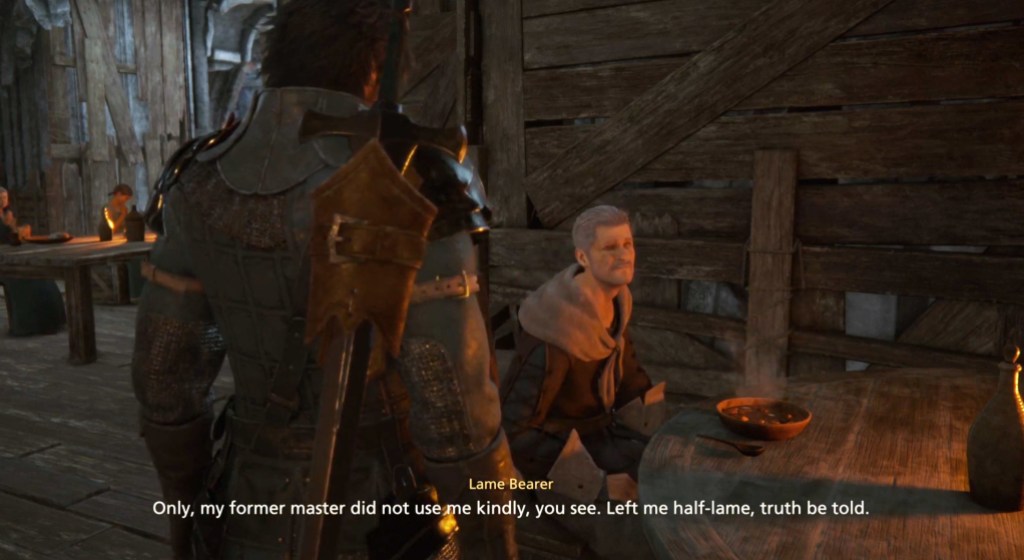
With the more realistic tone of Final Fantasy XVI and the upfront knowledge of how this is a human story with fantasy elements, every encounter feels more real and more grounded, despite the setting. Yes, there are literal gods fighting in giant cinematic battles, and some of the locations and enemies are far larger than life, but in the day-to-day, moment-to-moment storytelling in the game, they’re mere window-dressing. Capstone moments in a larger framework that the common people of the world neither care about nor understand.
And despite how badass Clive and his fellow Dominants are, or how grandiose the Eikons may be, I empathize far more with the regular people caught in the middle. I see myself reflected in them, caught in a struggle they cannot control, at the mercy not of ancient evils or demons from a forgotten age, but by the crushing weight of their present, constantly interrupted by things larger than themselves.
This kind of storytelling is why the Bloody Baron quest works so well in The Witcher 3. Sure, there are monsters to slay, witches’ puzzles to solve, and restless spirits to calm, but at its heart, it’s the story of a broken family and one man’s quest to atone for a lifetime of sins. In other words (to belabor my point further), it’s a human story first, a fantastical one second.
The main story of Final Fantasy XVI has shades of this strategy, particularly in Clive’s internal conflict, his relationship issues, and the distant but ever-present threat of his evil mother, but the game rarely puts a full spotlight on the plight of its people for too long, rushing as it does from one set piece to the next. However, the game is at its strongest when it does dwell on more relatable subjects, and even if its quests suck to play, experiencing the wider world they reveal is well worth it.

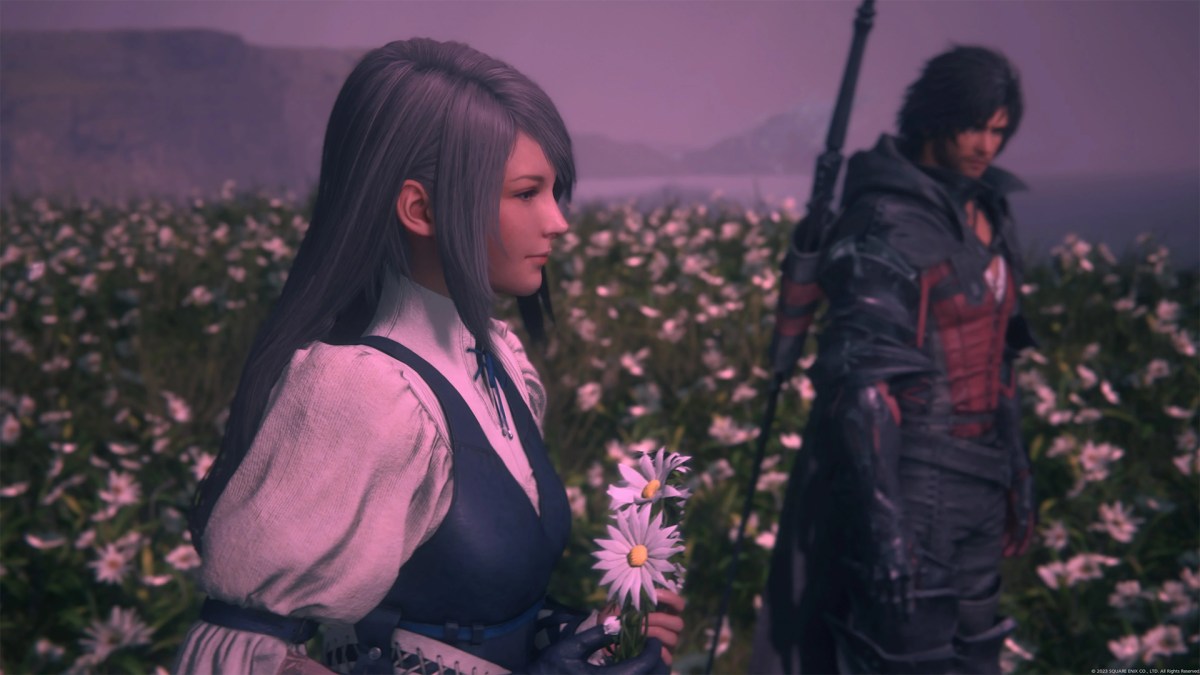
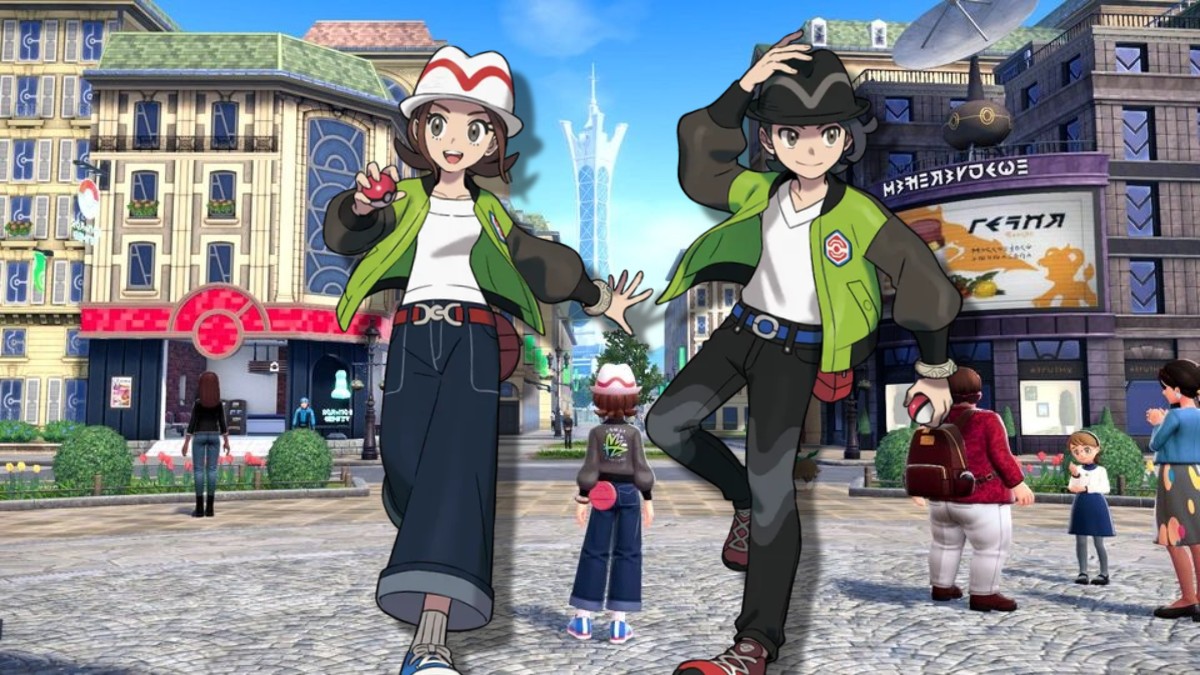

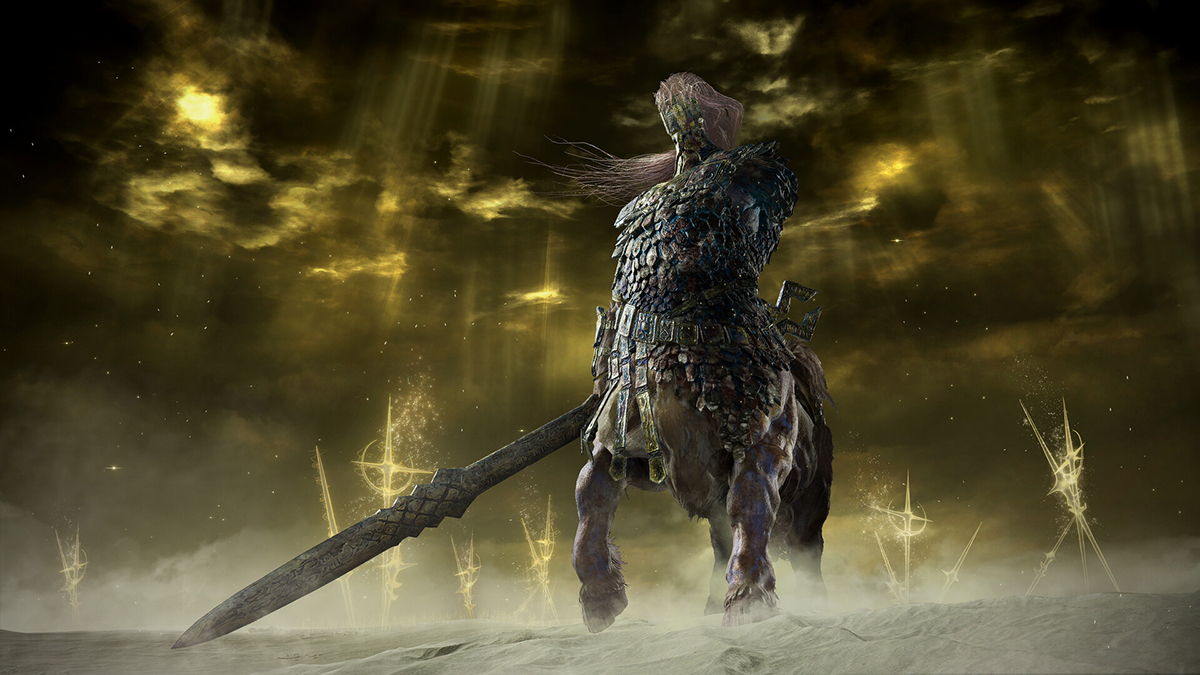




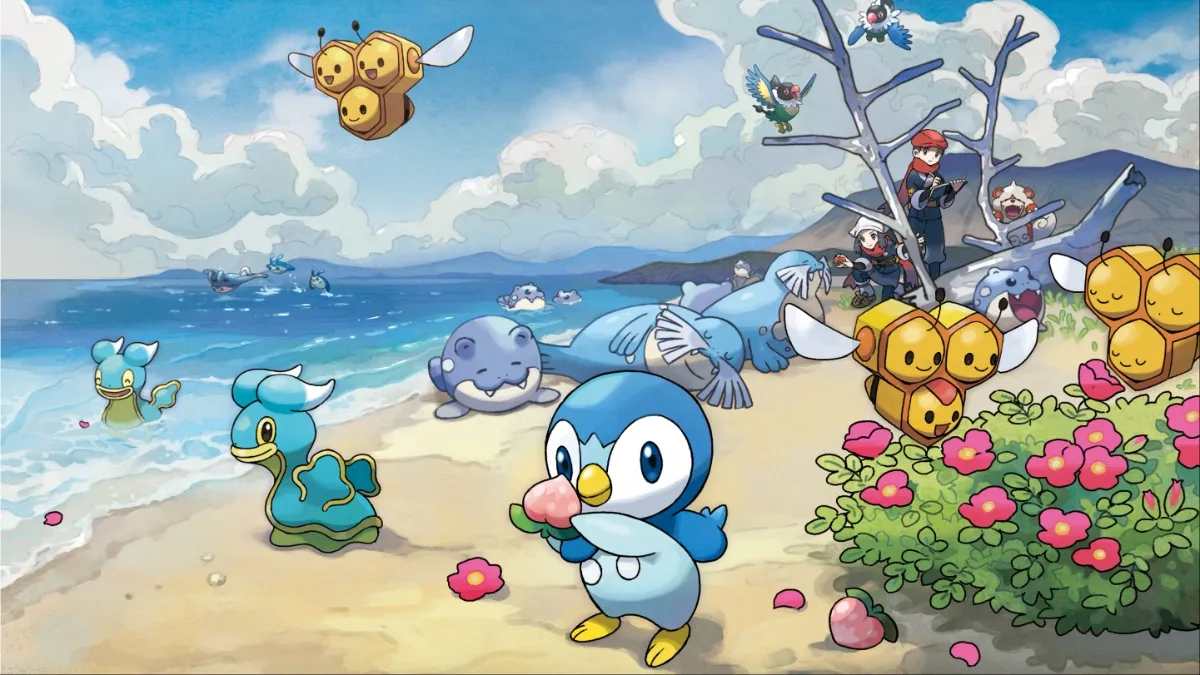
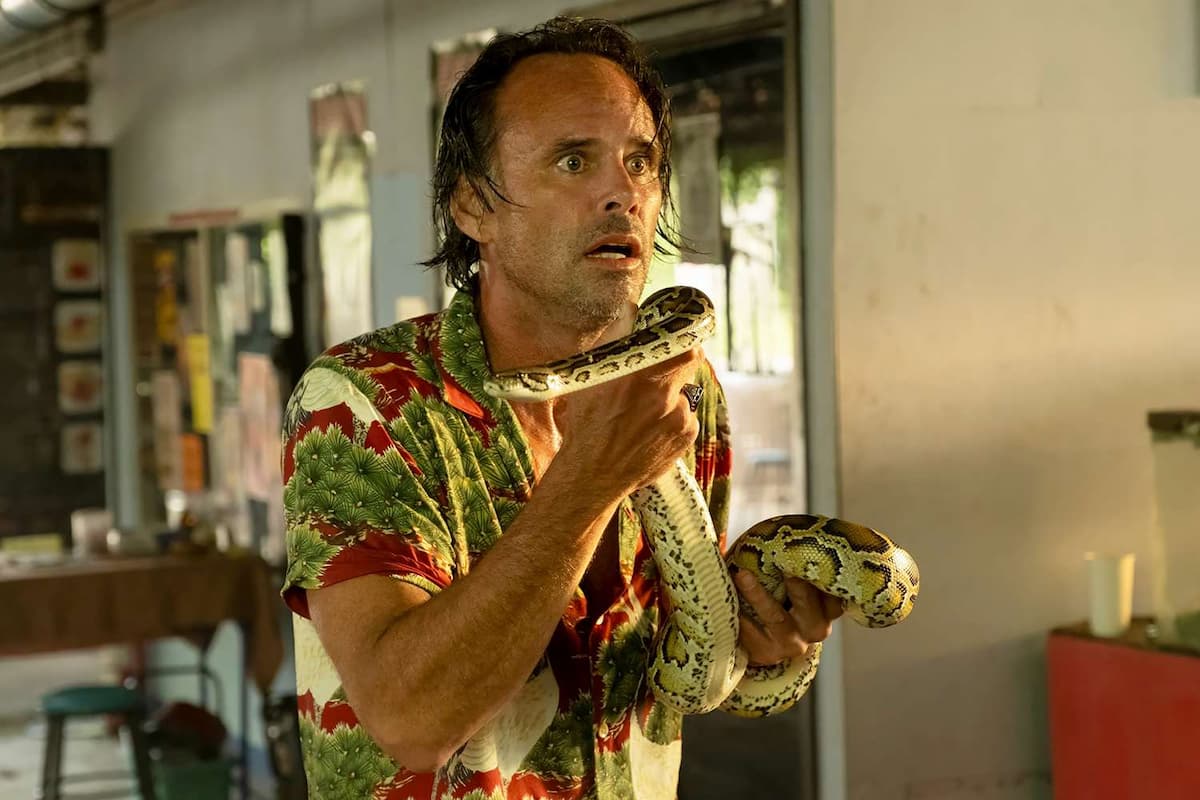

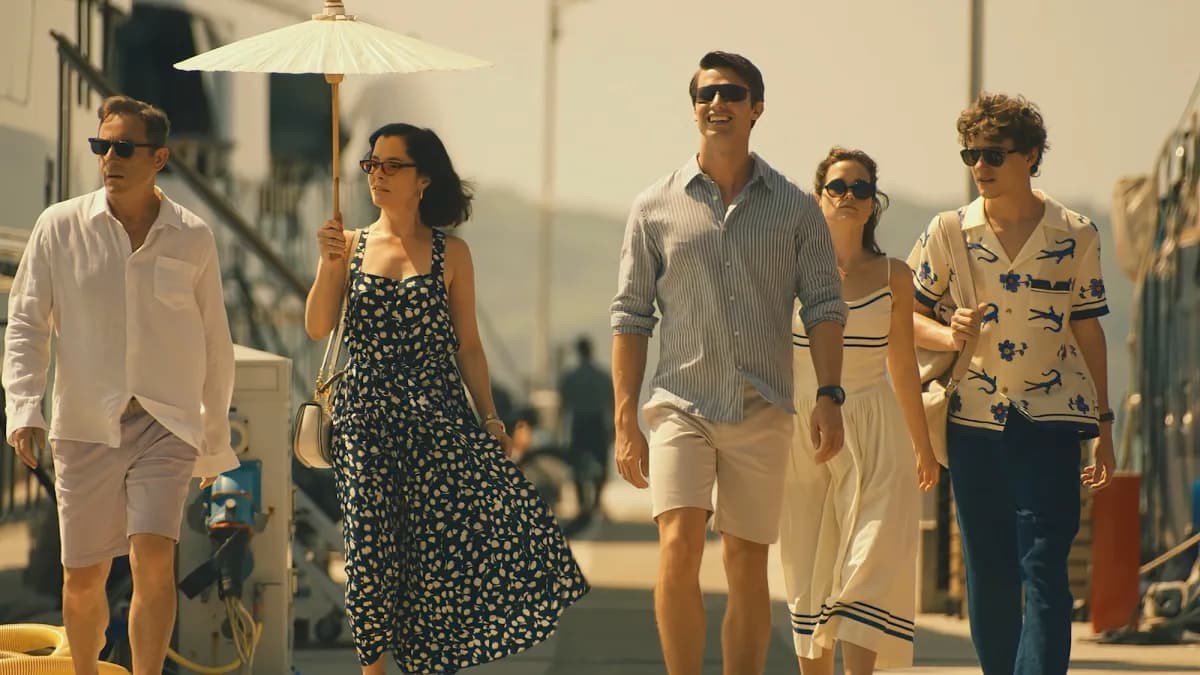

Published: Jun 29, 2023 9:39 PM UTC